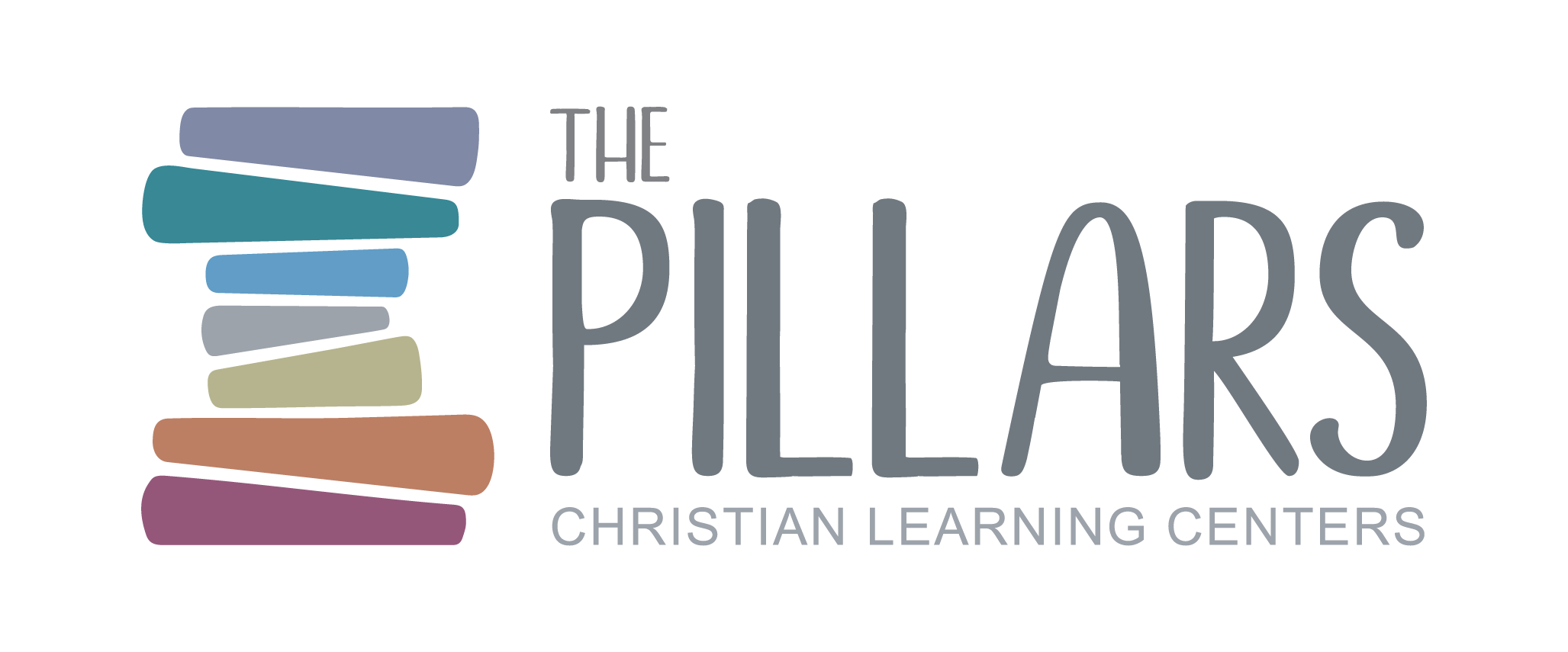When we were kids back in the day, it may have been the “norm” to be on the receiving end of our parents’ bursts of emotions, yelling, and even a bit of spanking when we misbehaved. A system of rewards and punishment – while it may seem like a logical form of discipline – can have negative long-term side effects and can possibly do more harm than good for children. According to a 2013 study from the American Academy of Pediatrics, “Adolescents whose parents yell at them have an increased risk of depression and aggressive behavior, some of the same problems that might develop if their parents hit them.” Discipline is a fundamental goal of parenting. While none of these traditional methods are ideal for disciplining children, one solution that’s been proven to inspire discipline effectively is positive reinforcement. When parents use positive reinforcement, they create a loving and respectful atmosphere at home with their children. Read on as we take a look at the benefits of positive reinforcement as a tool for improving your child’s behavior.
Your child will feel validated
Children want to feel noticed and validated. The more you show approval of their behavior, the more inclined they are to continue those behaviors in order to gain your appreciation and approval. It’s a cycle of kindness that yields a positive payoff and encourages your child to engage in positive and socially desirable behaviors. Positive reinforcement doesn’t always have to be expressed verbally. Simple gestures such as giving your child a hug, a quick thumbs-up or a high-five also helps. All it takes is for you to show that you are genuinely interested and appreciative of your child’s actions.
When you are proud, it shows that you care
Take a moment to acknowledge and express joy about the little things. Reacting positively to even your child’s small actions shows that you care. Have you ever noticed when children’s parents express pride, their children tend to have a higher self-esteem than those who hear nothing but criticism? This is why being your child’s biggest supporter is important. Cheer children on and show that you are proud of them. There’s no one else your child wants to impress more than you. Try to make every moment count and show your love through your appreciation.
Following rules becomes more natural
Your child craves your approval. As with anybody, children aim to please others… especially you. The more love and appreciation you show for your child, the more he or she will feel inclined to try and make you proud. When a child strives to improve his or her behavior without any fuss, it can serve as a reminder to us, as parents, about the benefits of using positive reinforcement instead of other forms of discipline. No one wants to feel pressured into doing something that they are not invested in. Showing kindness and positivity toward your child teaches him or her to reciprocate and adopt positive behaviors as an important life skill. Meanwhile, modeling the behaviors you want your children to demonstrate encourages them to do the same thing.
Negative energy is reduced
When disciplining your child, remember to focus on what is right instead of what is wrong. Avoid putting emphasis on your child’s negative behaviors by getting overly angry. Excessive anger will put a negative strain on your relationship. Instead, help your children understand their mistakes and leverage these teachable moments as opportunities as a more pleasant alternate route in order to address mistakes. Keeping your parent-child interactions respectful without imposing your authority in an intimidating manner is the key to using positive reinforcement as a technique. You’ll feel better about your interactions with your child, and he or she will appreciate this approach as well. In the end, it’s a win-win.
We owe a lot of who we are as individuals today to the people who raised us — our guardians, parents and grandparents, among others. These adults’ parenting styles have predominantly shaped the way we live our lives, act and make decisions now. Even though our approaches to parenting may vary across different cultures and various methods of upbringing, parenting styles play a significant role in molding a child’s overall well-being, self-esteem and behavior. If you haven’t done so yet, try taking this positive approach in your parenting. The rewards you’ll reap may end up being more than what you expected.
Give your little ones the best early childcare they deserve and send them to a school that doesn’t just teach them essential social skills, but shapes them into better and more responsible adults through encouragement and the use of positive reinforcement. Please feel free to visit The Pillars Christian Learning Center for more information.
